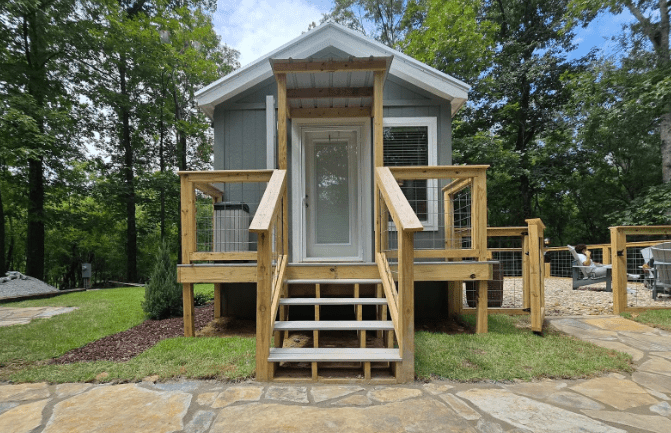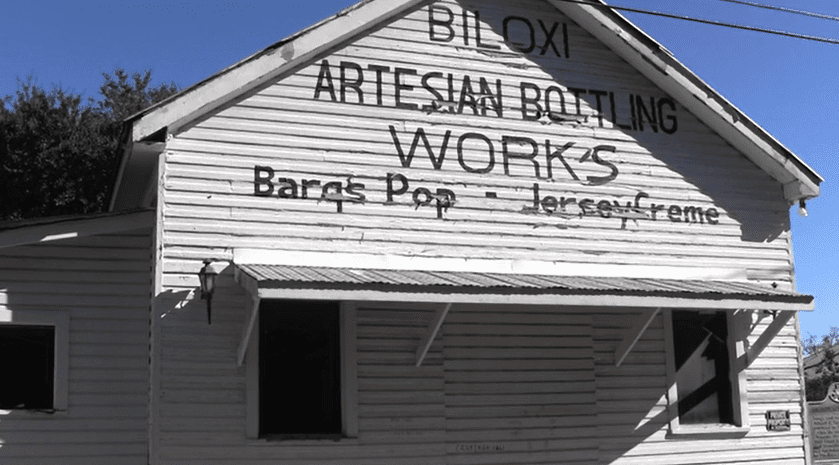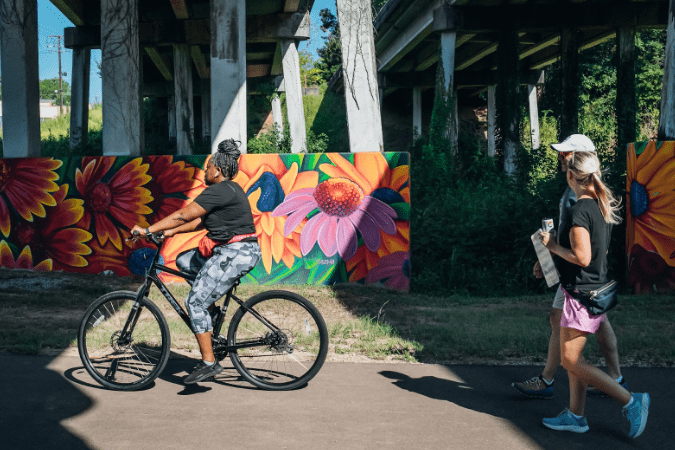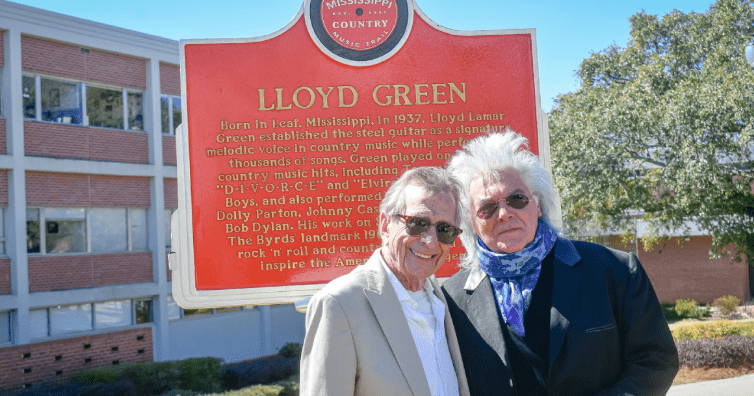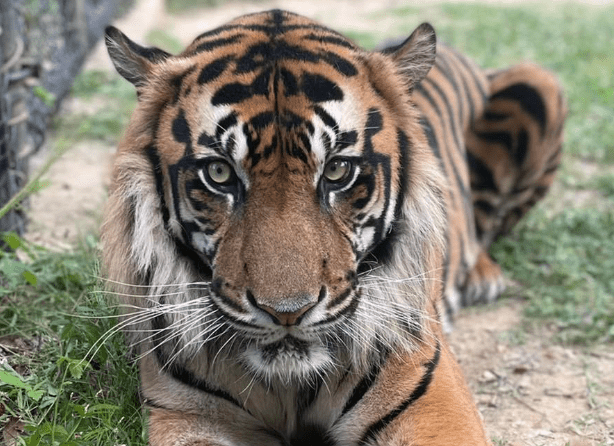
- An institution, if you can keep it.
The Jackson Zoological Park has been making all manner of Mississippi headlines. For the past several years—especially since the COVID-19 pandemic—the Zoo and its uncertain future have been the subject of numerous conflagrations between city, county, and state leaders. The trouble goes further back than most of us would probably care to explore, though perhaps not as far as we might think.
Grit, Growth, and Glory
In 1916, the City of Jackson acquired a parcel of about 80 acres from Samuel Livingston on the largely undeveloped western outskirts of the city. However, the parcel was not immediately put to use. The original “zoo” began around 1919 in downtown’s Central Fire Station—now the Chamber of Commerce Building—where firefighters kept rodents, raccoons, deer, and even alligators as pets. When the collection expanded to include more exotic animals such as zebras. The city decided to move them to the recently acquired land to create the Livingston Park Zoo.
The 1919 opening date makes the Jackson Zoo one of the oldest zoological parks in the country. A few original structures, such as the Monkey Castle, still stand. The Zoo took further shape throughout the Great Depression when the New Deal’s Works Progress Administration (WPA) helped to expand the facilities and build several buildings that would remain in use for some 80 years.
The Zoo survived and even grew past WWII, Jim Crow segregation and the Civil Rights Movement, and even the “white flight” of the 1970s, 80s, and 90s. In 1995, the state provided $4 million for facility improvements. The city matched the investment for $1.5 million three years later, locking in the funding for new African Savannah and Mississippi Wilderness exhibits that opened in 2005 and 2006, respectively. It was the largest capital improvement project in the zoo’s history. In 2007, the Jackson Zoo was named a “Southern Travel Treasure” by AAA Magazine and “Travel Attraction of the Year” by the Mississippi Tourism Association.
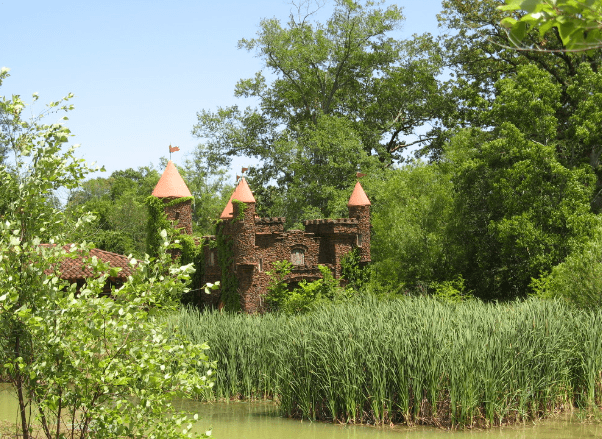
A Decade—and More—of Bad News
For nearly a hundred years, the Zoo enjoyed its place as a growing and successful institution at the urban crossroads of the South. It was once home to an outsized number of vulnerable or endangered species such as clouded leopards, red pandas, red-ruffed lemurs, and even the red wolf, which has been nearly extinct in the wild for some time. At this point, readers would be remiss not to ask, “So what happened?”
The answer to that question has more facets than we can fully explore here. In short, many things happened. The emptying and subsequent blighting of parts of West Jackson, decreased tax revenue resulting from Jackson’s shrinking population, declining attendance, and mismanagement at multiple levels of leadership all likely have roles to play.
The slump goes back at least to the recession of 2008. In 2011, Jackson Zoo Executive Director Beth Poff asked the Jackson City Council to greenlight the restructuring of almost $900,000 in debt resulting from “falling attendance over the last two years.” Poff reassured the Mississippi Free Press that though the Zoo had been forced to lay off workers, it was still being managed responsibly “despite the economic downturn.”
The Zoo had also begun losing many of its animal residents. In 2010, the Zoo’s largest occupants, two African Elephants, were sent to another zoo due to lack of space and other species’ needs. In 2017, two orangutans had to be rehoused due to a lack of the funds necessary to renovate their enclosure. Sadly, a 2023 report from WLBT showed that in the 12 years prior, over 500 of the Zoo’s animals had died, been killed, or gone missing.
In 2016, the Zoo backed out of its accreditation agreement with the Association of Zoos and Aquariums (AZA), citing even more financial concerns. Executive Director Poff resigned two years later after it was found that she had misused money from state bonds to cover the Zoo’s normal operating expenses. More recently, the Zoo was the subject of a slew of media attention when it was discovered that the park was turning away visitors who did not have cash because it did not have an electronic payment system, compounding its financial issues.
Unfortunately, this is a fairly slim representation of the issues the Zoo has faced over the past several years. A quick Google search will turn up a bevy of media coverage—most of it less than encouraging.
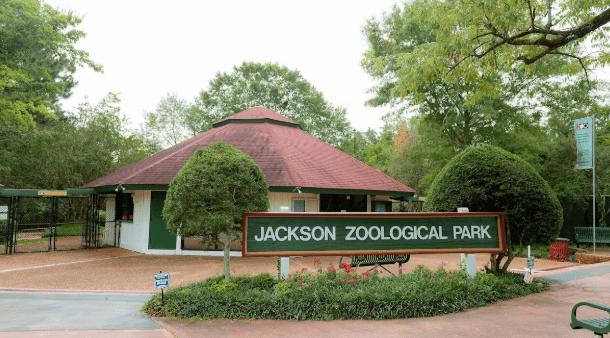
Endangered, Not Extinct
I have always loved and always will love the Jackson Zoo. As a child, I was filled with wonder and excitement at the possibility of exploring the worldwide animal kingdom in my own backyard. For two summers in middle school, I volunteered at the Zoo as part of their “Zoo Teen” or junior docent program, where I learned to care for birds, reptiles, rodents, and farm animals and guided guests in the children’s Discovery Zoo and contact yard. That Discovery Zoo no longer exists.
It has grieved me as a native Jacksonian to witness the Zoo’s financial and physical decay, the accompanying decline in morale among Jackson and Central Mississippi residents, and the almost incessant squabbling among community leaders about its fate. For years, there have been conversations around moving the Zoo from its historic West Jackson site to a new location in or near LeFleur’s Bluff State Park and the LeFleur Museum District. The friction was palpable during a recent mayoral candidate forum at Millsaps College.
“The zoo’s gone,” said one candidate. “Can Jackson afford to relocate a zoo? No, we can’t,” said another. Yet another candidate offered what might be the most realistic take: “We don’t know.”
While the future of the Jackson Zoo remains uncertain, there have been faint glimmers of hope. In September 2024, a USDA inspection found no compliance issues after citing the Zoo for several issues earlier that year. Attendance was encouraging at the annual Boo at the Zoo event in October.
What the Jackson Zoo needs most right now isn’t just money. Financial woes notwithstanding, what the Jackson Zoo needs most right now is for Mississippians to care about it, to root for its success, to fight for it. A great state needs a great city, but a great city needs great institutions—places that inspire wonder, educate the next generation, and bring communities together for something bigger than themselves. The Zoo can be one of those places, if we can keep it.
Author’s Note: In researching for this article, I am indebted to a number of wonderful news organizations in and around Jackson: WLBT, WAPT, and the Mississippi Free Press, to name a few. I am also personally indebted to the Jackson Zoological Park for helping instill in me a love and respect for animals everywhere and a deeper appreciation for my hometown—its history, culture, and especially its natural beauty.

